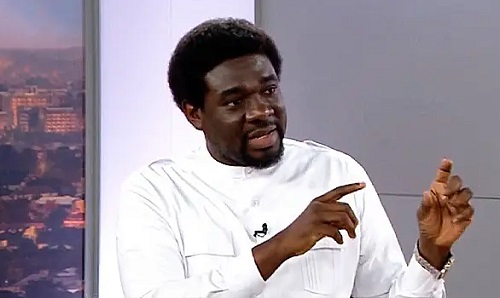Hot Stories
Recent Stories
Nigerian Govt Applying Quasi-Subsidy on Fuel Price – TUC President, Osifo
Posted by Thandiubani on Wed 01st May, 2024 - tori.ngHe noted that the government is providing special foreign exchange concessions for product importers.

The President of the Trade Union Congress, Festus Osifo, has slammed the federal govenment over the manner it handled the controversial removal of fuel subsidy.
According to Osifo, the Nigerian federal Government is currently applying quasi-subsidy on fuel.
Osifo, who doubles as the Petroleum and Natural Gas Senior Staff Association of Nigeria, disclosed this during an Interview on Channels Television on Wednesday.
He noted that the government is providing special foreign exchange concessions for product importers.
According to him, the quasi-subsidy is the reason why the pump price of fuel remained between N617 and N700 despite the forex fluctuations before the recent scarcity of the product.
“Government exists to take care of the welfare of the people.
“When the Naira was floated, it was devalued for us and then the currency started moving south. TUC was worried and engaged the government to bring some level of control. If we had allowed what was done to diesel to happen to Premium Motor Spirit, it would have been sold for over N1000 per litre.
“We had a conversation with the managers of the sector. We said the issue of PMS price should not escalate beyond where it was then. We propose that the government give fuel importers a special rate for product importation. What is happening today is that there is a special concession for fuel importers. Because that is fixed, you see the price of PMS where it is today. If we had allowed that float with the rate of Naira at the FX market, PMS would be selling for over N1200 per litre. Due to the intervention we made, they managed it from the backend. You can call it Quasi-deregulation”, he said.
Recall that in June, the Nigerian government announced the removal of the fuel subsidy, which saw the price of the product move to N616 per litre from N238.
The government had said that fuel subsidy removal would end scarcity.
Meanwhile, in the past few days, the return of fuel scarcity has further exacerbated the hardship Nigerians are battling.
Top Stories
Stories from this Category
Recent Stories












































